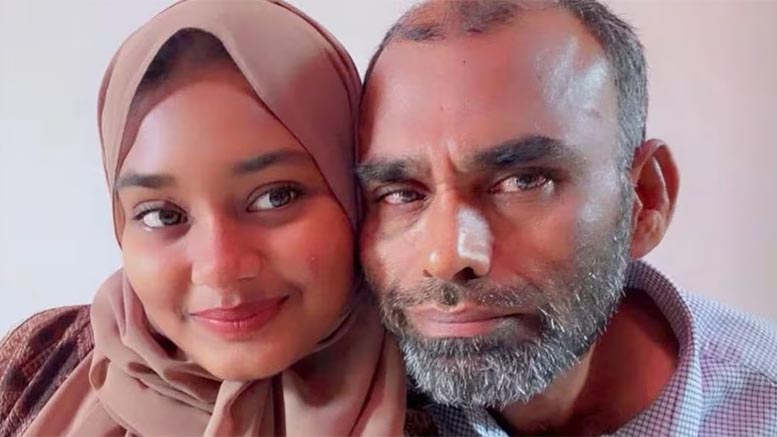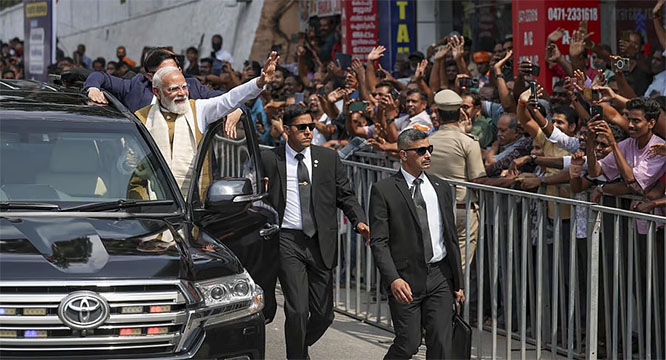
Billionaire Gautam Adani's group will acquire the remaining 51 per cent stake in Quintillion Business Media Pvt Ltd to take full control of the Raghav Bahl-curated digital business news platform.
Adani Enterprises Ltd, the ports-to-energy conglomerate's flagship firm, in a stock exchange filing, said the board of its subsidiary AMG Media Networks Ltd 'has approved to enter into a binding memorandum of undertaking (MoU) with Quintillion Media Ltd for the acquisition of remaining 51 per cent stake' in the firm which operates the business and financial news digital media platform BQ Prime.
Quintillion was Adani's first bet in the Indian news industry before taking about 65 per cent stake in broadcaster NDTV in December last year.
AMG Media had previously bought a 49 per cent stake in Quintillion Business Media Ltd (QBML) for Rs 47.84 crore.
BQ Prime was earlier known as Bloomberg Quint, a former joint venture between US-based financial news agency Bloomberg Media and Bahl's Quintillion Media. Bloomberg exited that agreement in March last year.
'QBML will become a wholly-owned subsidiary of AMNL' after the acquisition, it said without disclosing the financial details of the deal.
Adani Group had set up AMG Media Networks for its foray into businesses of 'publishing, advertising, broadcasting, distribution of content over different types of media networks'.
In May 2022, AMG Media entered into a shareholders' agreement with Quintillion Media Ltd (QML) for the acquisition of QBML.
In September 2021, AMG Media Networks appointed veteran journalist Sanjay Pugalia to lead Adani Media Ventures, its media-focused company.
'The MoU records the terms of agreement and inter-se rights and obligations and other connected matters in respect of the acquisition of remaining 51 per cent equity shares of QBML by AMNL from QML,' the latest filing said.







Comments
Add new comment